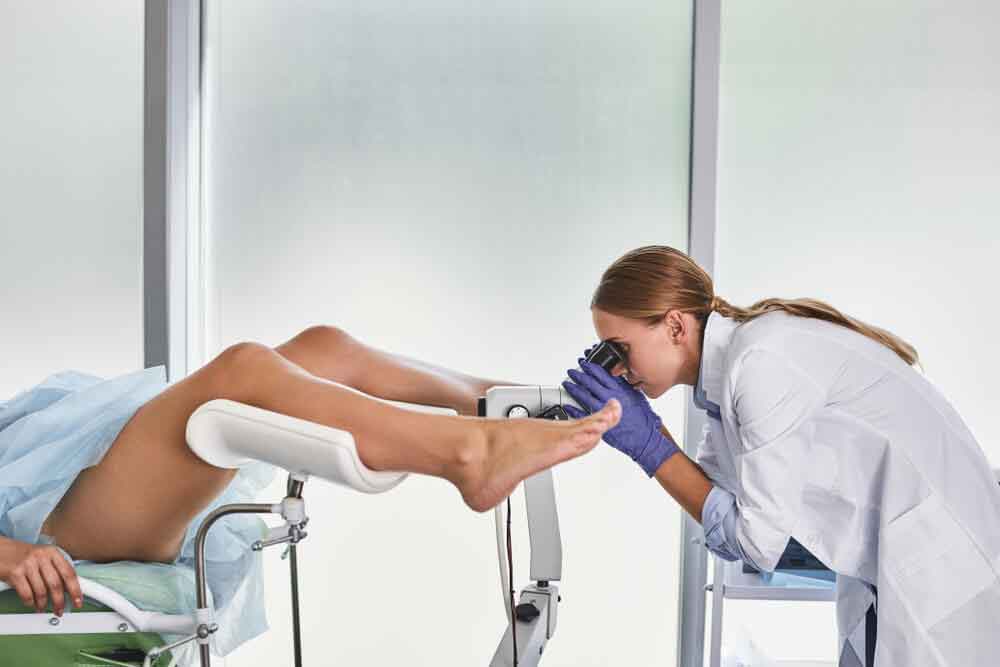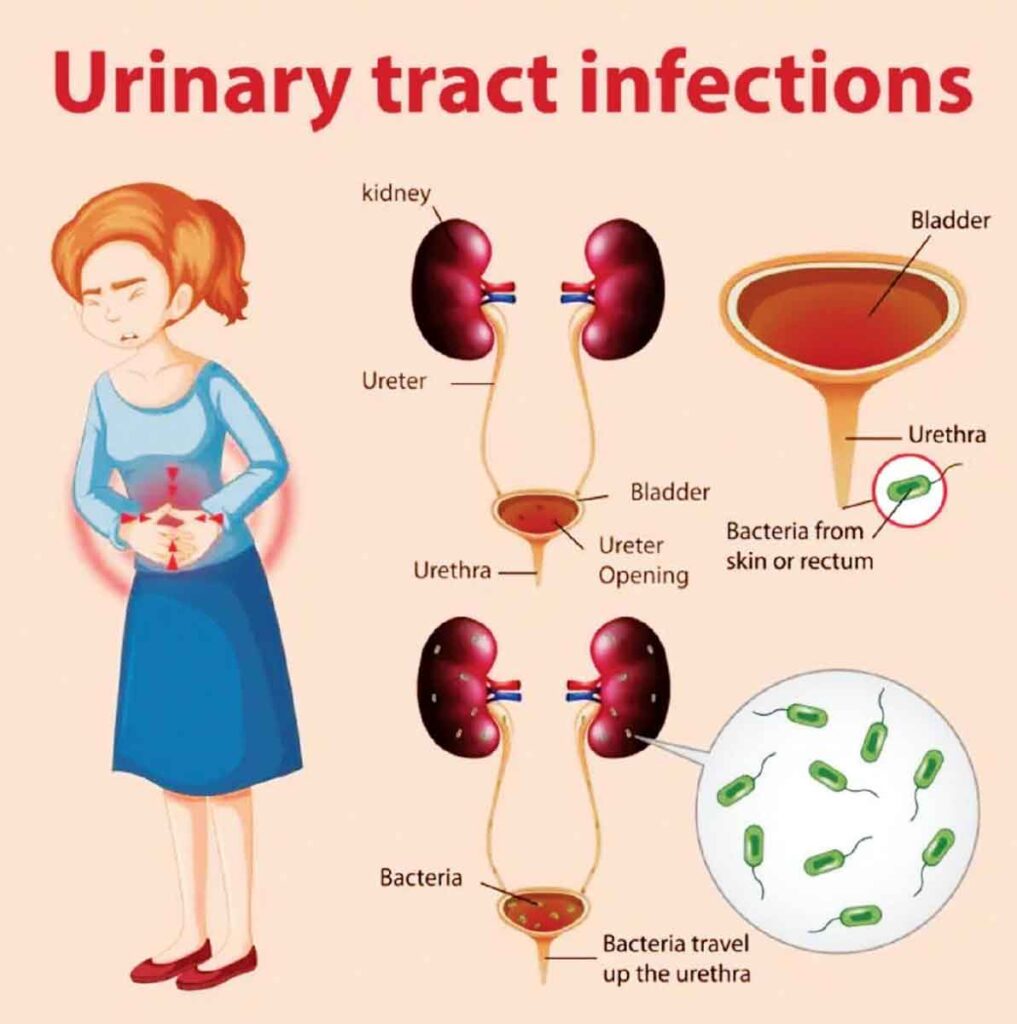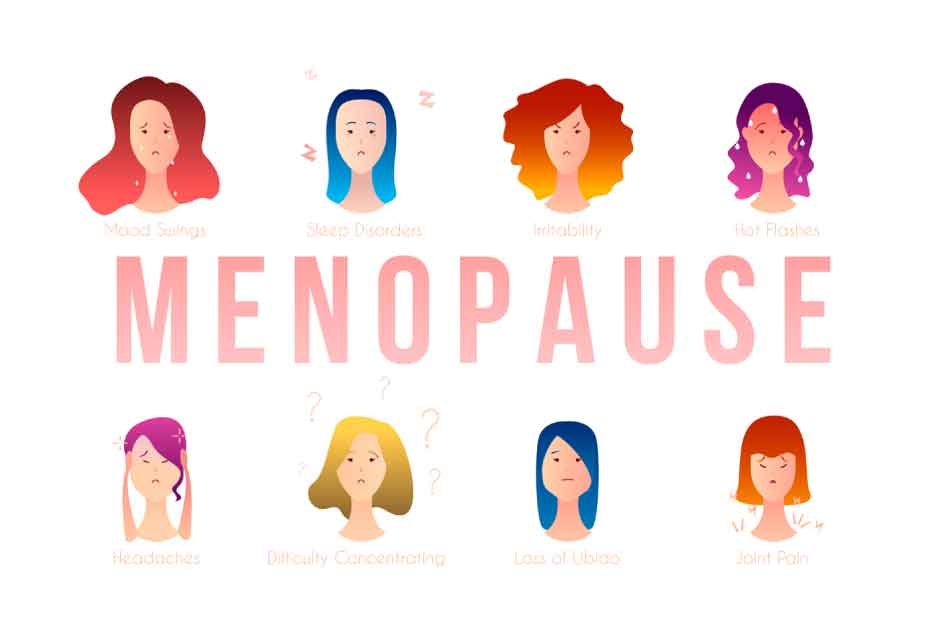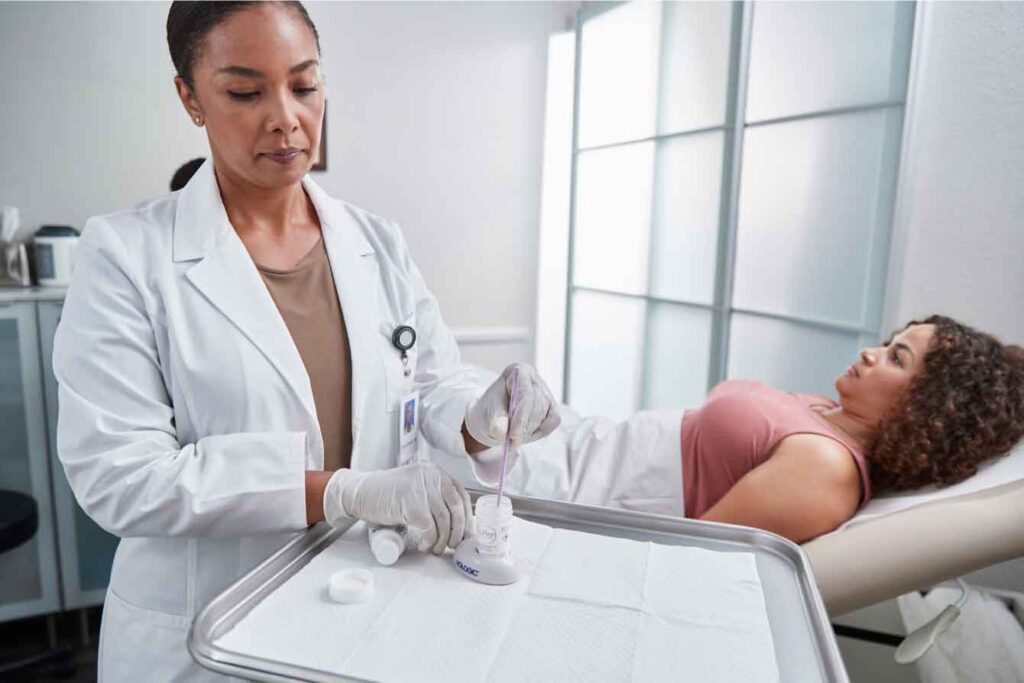Men and Women have different bodies and some health conditions affect them dissimilarly. Women’s health is a special category. Because some conditions affect only women and others affect women differently than men. Women’s problems include pregnancy, menopause, and diseases of the female genitalia. Women can have healthy pregnancies with early and regular prenatal care. Women should also undergo recommended breast, cervical cancer, and bone density screenings. Health disadvantages for women arise from biological differences between the sexes (women face risks associated with pregnancy and childbirth) and gender (differences in the social and cultural roles played by men and women).

Some of the problems which affect women differently are :
- Women suffer more from urinary tract problems
- Osteoarthritis affects women more than men
- Sexually transmitted disease effects may be more severe in women
- Women are more likely to experience signs of depression and anxiety
- Women are more likely to die because of heart attack
Treatments provided by Primary Care of Texas Speciality Clinic, especially for women’s care :
Well-Woman Exam : A well-woman exam, in contrast to routine physicals and doctor visits, concentrates on the condition of your breasts, cervix, vagina, and uterus. Your overall health will be considered, but the primary concern of a well-woman check is your reproductive health.

Three procedures are typically included in well-woman exams: a pap smear, a pelvic exam, and a breast exam. These tests are crucial because they can identify early indications of cancer or other health issues before they become serious.
You can also discuss other health concerns with your doctor at the time of booking.
During Well-Woman Exam you go through a physical examination to measure weight, blood pressure, pulse, and urine sample. You will then be given a gown and will be able to undress and put the gown on by yourself in the examination room. The opening is in the front to allow the doctor to perform the necessary tests. Before re-entering the doctor will knock to make sure you are ready for the exam. Once your doctor comes back in the room, she will start the pelvic exam, pap smear, and breast exam.

Pregnancy Test : By looking for a specific hormone in your urine or blood, a pregnancy test can determine if you are pregnant. Human chorionic gonadotropin(HGC) is the name of the hormone. When a fertilized egg implants in the uterus, HCG is produced in the mother’s placenta. Usually, it is produced only during pregnancy.
During a pregnancy test, the HCG hormone can be found in urine about a week after you’ve missed a period. A test kit can be used to do the test at home or in a doctor’s office. Many women opt for a home pregnancy test before visiting a doctor because these tests are nearly identical. Pregnancy blood tests are about 99% accurate. Blood tests are often used to confirm the results of home pregnancy tests.
Pelvic Exam : During a pelvic exam, a doctor or nurse examines the vulva and internal reproductive organs (vagina, cervix, ovaries, fallopian tubes, and uterus).
There are 4 stages of pelvic exam :
- The external exam
- The speculum exam
- The bimanual exam
- The rectovaginal exam
A frequent pelvic exam is required when you have :
- recurrent vaginitis
- STD or sexual partner with an infection
- a history of sexual health problems
- History of HPV

Menopause Symptom Management : Most women may typically detect when the menopausal transition has begun by the menopausal signs and symptoms. Consult your doctor if you have concerns about erratic periods or hot flashes. In some circumstances, a second opinion might be advised.
No medical care is necessary during menopause. Instead of treatments concentrate on controlling or avoiding chronic illnesses that may develop with ageing as well as curing your indications and symptoms. Treatments could consist of :
- Hormone therapy
- Clonidine
- Gabapentin
- Medications to prevent or treat osteoporosis
- Vaginal estrogen
Urinary Tract Infections : An infection of the urinary system is known as a urinary tract infection (UTI). A condition is known as urethritis, pyelonephritis, or bladder infection can all result from this sort of illness (a condition called cystitis).
Normally, bacteria are absent in your urine (germs). A by-product of our kidney’s filtering function is urine. Urine is formed when the kidneys remove waste and excess water from the body. Urine normally passes through your urinary system without contamination. However, bacteria from outside of the body can enter the urinary system and cause issues such as infection and inflammation. Urinary tract infection, that is (UTI).
A urinary tract infection will require medical attention. Antibiotics are medicines that oppose infection by killing microorganisms. Antibiotics are very effective in treating urinary tract infections. The medication chosen by your doctor will be the one that works the best against the specific bacteria causing your infection. Antibiotics that are often used include :
- Doxycycline.
- Cephalosporins.
- Amoxicillin.
- Sulfonamides
- Quinolones

Certain health conditions affect women differently than men. The Texas Specialty Clinic has certified medical professionals who treat women with Care. Dial Texas Specialty Clinic at (469) 545-9983 to book a telehealth appointment for a home check-up.
